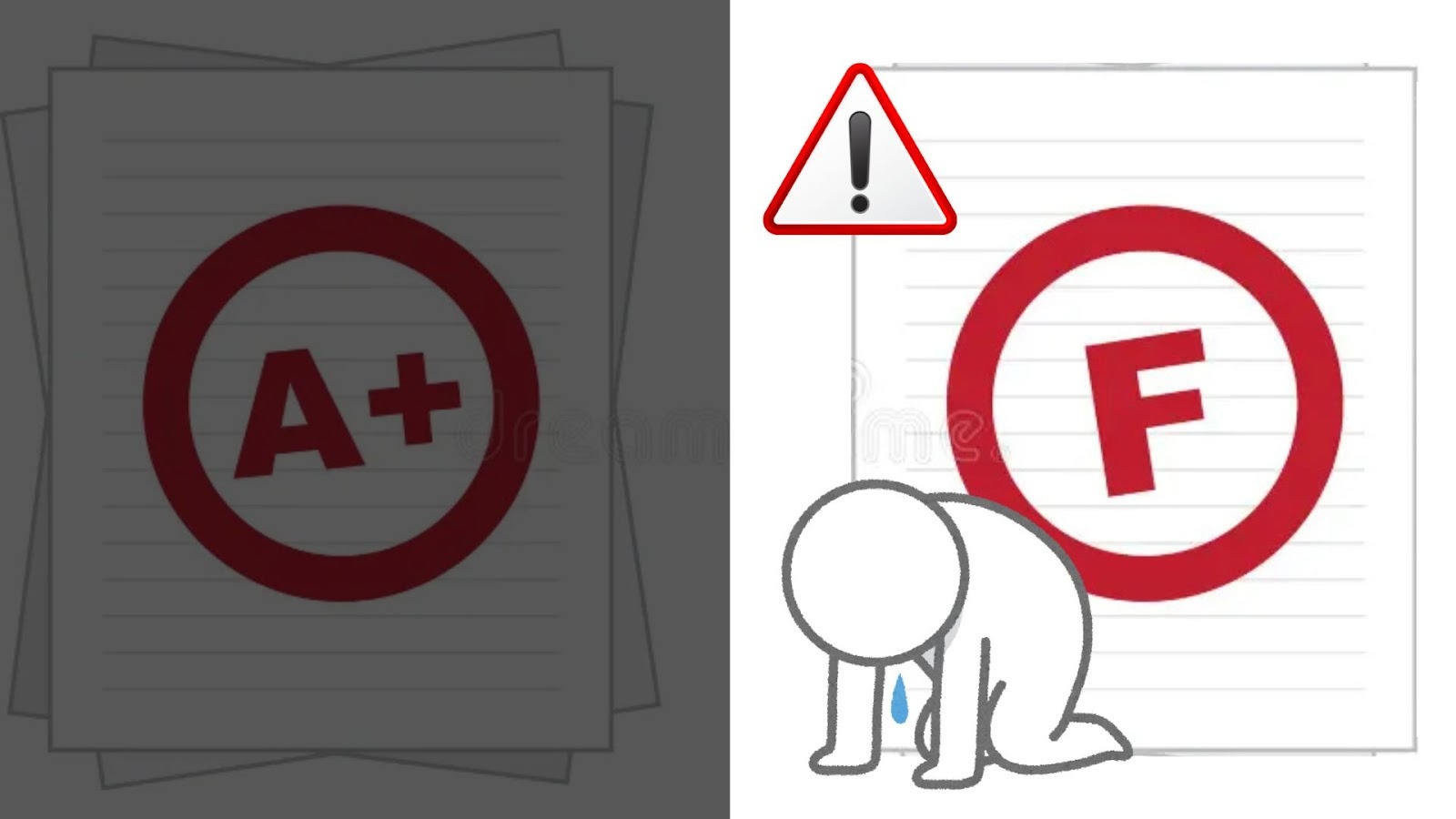Delta State Unveils N1.664 Trillion 2026 Budget, Governor Lays Out Ambitious Infrastructural Plans
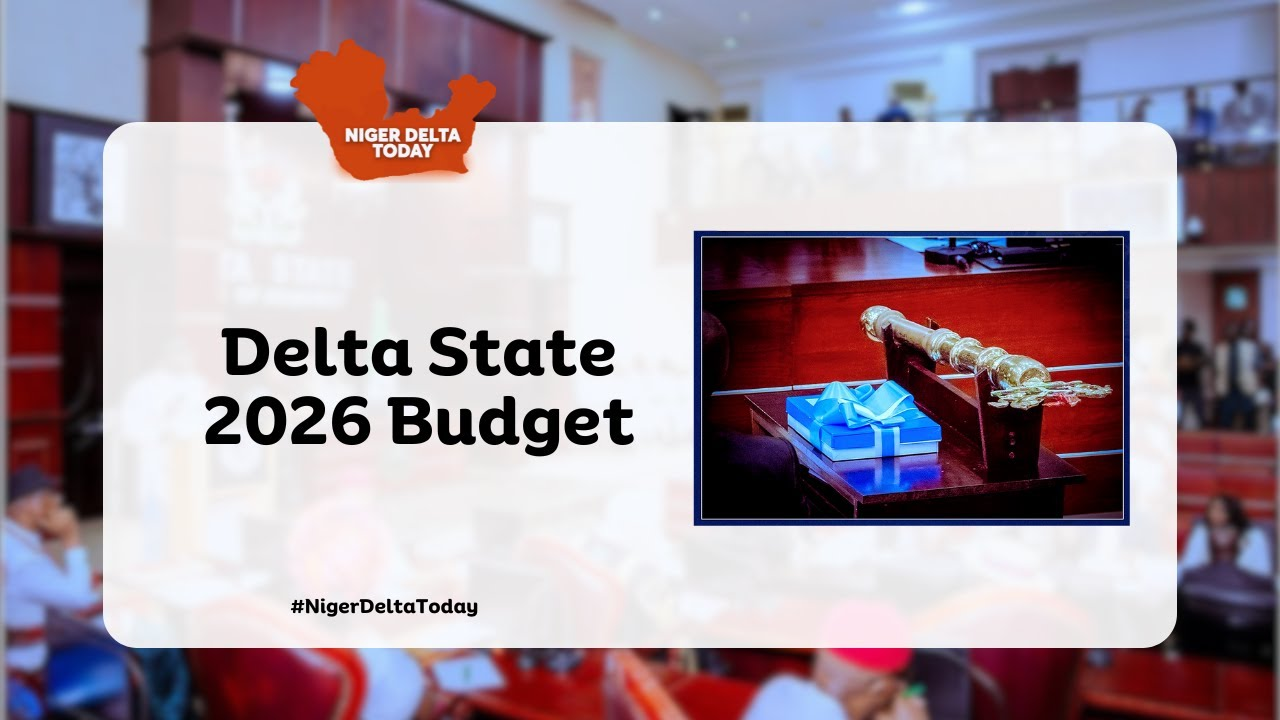
On Wednesday, 26 November 2025, the government of Delta State took a bold step forward as the Governor Sheriff Oborevwori presented the 2026 Appropriation Bill to the State House of Assembly in Asaba. The proposed budget — a massive ₦1.664 trillion — was unveiled under the banner “Budget of Accelerating the MORE Agenda.” The size and structure of the proposal signal a renewed push for infrastructural growth and expansive socio-economic reforms.
A Record-Breaking Budget with Capital Focus
According to the budget breakdown, 70% of the total appropriation — ₦1.165 trillion — is earmarked for capital expenditure, with the remaining 30% (₦499 billion) allocated to recurrent spending. This marks roughly a 70% increase over the 2025 approved budget, a clear sign of intention to ramp up development projects across the state. Governor Oborevwori explained that the decision to allocate a heavy share to capital expenditure stems from an improved economic outlook, boosted by increased oil revenues, expected post-subsidy FAAC inflows, and fiscal reforms aimed at expanding internally generated revenue (IGR). IGR is projected at ₦250 billion, representing an 86.5% increase over 2025 levels, while statutory allocations (inclusive of mineral derivation) are expected to bring in about ₦720 billion. The budget assumes additional inflows from Value Added Tax (VAT), capital receipts, oil-revenue recoveries, and savings.
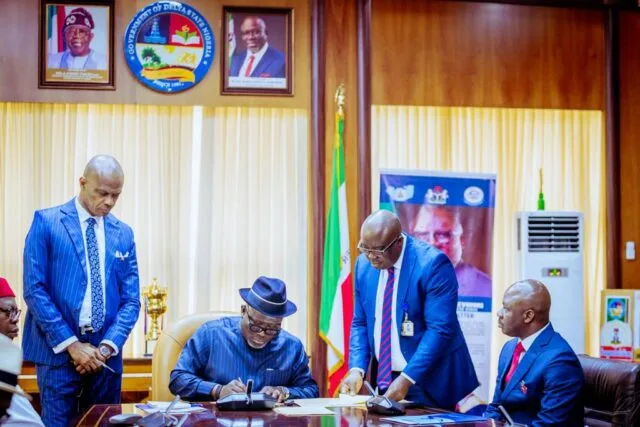
Governor Oborevwori emphasized the state’s intention to maintain a “zero-borrowing fiscal strategy,” shifting the focus onto internally mobilised funds, savings and revenue recoveries rather than new debts.
Strategic Priorities: Roads, Education, Health, Social Protection
The 2026 budget targets multiple key sectors. A striking ₦450 billion has been allocated for road infrastructure, an ambitious commitment aimed at tackling decades of underinvestment in connectivity and transport networks.Education and health have not been sidelined. For the next fiscal year, the government plans to spend approximately ₦105.086 billion on education and ₦50.067 billion on health services, funding intended to improve facilities, increase access to quality education, and expand healthcare delivery across the state’s numerous local government areas.
Other significant allocations include ₦20 billion each for the Delta State Capital Territory Development Agency (DSCTDA) and the Warri-Uvwie & Environs Development Agency, signalling ongoing urban development efforts and responses to long-standing infrastructure deficits in Asaba and Warri.Smaller but meaningful budgets are also directed toward agriculture (₦10 billion), energy (₦16 billion), social protection programs (₦20 billion), and interventions across all 25 local governments (₦100 billion total, averaging ₦4 billion per council). These allocations indicate a multi-pronged strategy to address grassroots needs, stimulate food security, expand power access, and support vulnerable populations.
A Push for Fiscal Discipline, Local Revenue Mobilisation, and Zero Borrowing
Governor Oborevwori presented the 2026 budget as evidence of the administration’s confidence in a recovering economy and commitment to prudent governance. By projecting increased IGR, improved VAT receipts, and reduced capital receipts (down to ₦25 billion), the government aims to limit dependence on borrowing while maintaining service delivery and development momentum.Personnel costs, including anticipated annual increments and allowances, are pegged at ₦185 billion, with overhead costs at ₦204 billion; grants, social contributions, and other benefits are allocated ₦110 billion. This distribution reflects an attempt to balance recurrent governmental obligations against robust infrastructure and capital development plans.
What It Means for Deltans: Hope or Tall Promises?
In presenting the budget, Governor Oborevwori painted a picture of a Delta State poised for transformation, new roads, better schools, improved health facilities, local government upliftment, and expanded social protection. For many citizens, this evokes a sense of cautious optimism after years of infrastructural neglect and inconsistent governance.
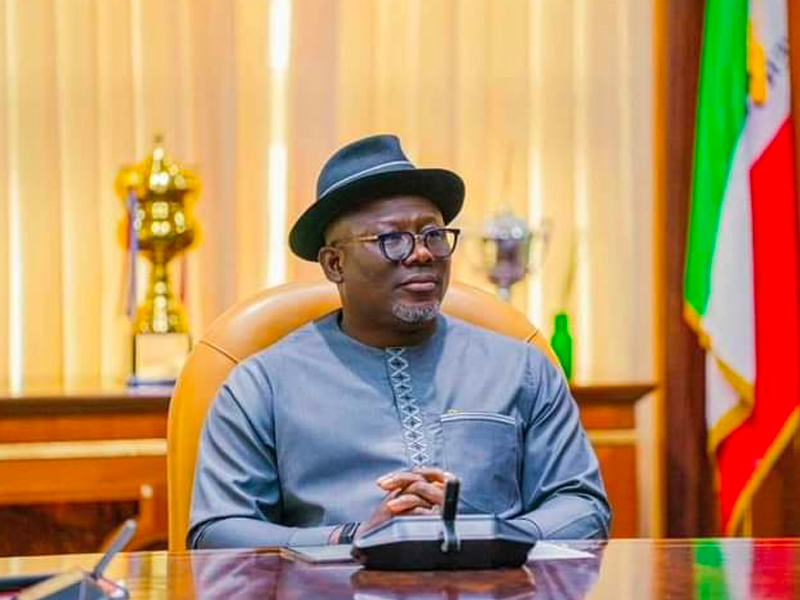
If implemented well, the road-heavy infrastructure commitment alone could dramatically improve internal mobility, ease commerce, and reduce transport costs for farmers, traders, and everyday commuters.The planned investments in education and healthcare could also reverse brain drain and improve outcomes in human development, especially if resources reach rural and underserved communities. Agricultural funding hints at efforts to diversify beyond oil, a perennial challenge for Niger-Delta states.
Moreover, the state’s zero-borrowing approach and emphasis on indigenous revenue mobilization, if matched with transparency and accountability, can help restore public trust and set a sustainable path for long-term growth.
Challenges Ahead: Delivery, Transparency, and Economic Headwinds
But the road from budget to reality is fraught with obstacles. Ambitious numbers and noble intentions often meet the harsh realities of bureaucracy, fund leakages, inflation, corruption, and structural inefficiencies. The success of this budget will hinge not just on its size, but on execution, oversight, and inclusivity.
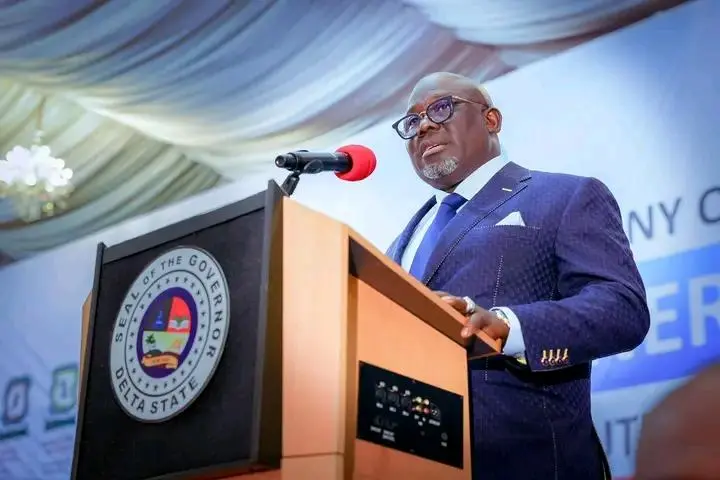
Sectors like health and education are notoriously difficult to reform quickly, upgrading infrastructure, hiring qualified staff, maintaining standards, and ensuring equitable access across 25 local governments will demand more than money: it needs political will, proper planning, and active civil-society engagement. Delta State remains highly dependent on oil revenues and federal allocations, factors outside the state governor’s full control. Global oil price fluctuations, VAT shortfalls, or national fiscal instability could derail some of the proposed plans.
Finally, the success of road and urban development projects must guard against unintended consequences: displacement, environmental degradation, or uneven growth that benefits only certain communities, while leaving others behind.
Conclusion: A Bold Agenda, But the People Will Watch
By presenting a N1.664 trillion budget with 70% dedicated to capital projects, Governor Sheriff Oborevwori has thrown down a gauntlet: Delta State is ready to build. Whether the next 12 to 24 months will see a transformation for the average Deltan depends less on numbers on paper than on how well they are translated into concrete value, paved roads, functional hospitals, quality schools, reliable social programs, and livelihoods.
For Deltans tired of promises, this is a moment to watch, demand accountability, and hold leaders to their word. If executed well, the 2026 budget could become a turning point. If not, it risks being another grand plan that fades with the sun.
You may also like...
Premier League Scandal: La Liga Chief Slams 'Damaging' Handling of Man City's 115 Charges

Over three years after being charged with numerous financial rule breaches, Manchester City awaits a verdict from a proc...
Avengers: Doomsday Shocks Fans With Devastating Theatrical Move Months Ahead of Release!

Marvel Studios aims for a comeback with two major releases, "Spider-Man: Brand New Day" and "Avengers: Doomsday." The la...
Daredevil Showrunner's Epic 3-Part Saga Storms Charts Again After Spin-Off Triumph!

The original "Spartacus" series is experiencing a significant resurgence on digital streaming charts, fueled by the laun...
Unveiled: 'Shrinking' Star Spills on Harrison Ford's Pivotal Season 3 Moment

Lukita Maxwell discusses Alice's journey in Shrinking Season 3, highlighting her character's growth, evolving relationsh...
Peyton List's Heartbreaking Warning: 'School Spirits' Season Finale Changes Everything for Maddie and Mom

In School Spirits Season 3, Episode 7, Maddie Nears faces a crushing realization with Wally's departure, leading to a pi...
Visa-Free Africa: Development Bank and African Union Champion Open Borders for Economic Boom

African leaders and institutions have renewed calls for visa-free travel across the continent, highlighting its essentia...
U.S. Halts Crucial Lifesaving Aid to Seven African Nations Amidst Regional Concerns

The Trump administration is cutting humanitarian aid to seven African nations, citing a lack of connection between aid a...
Major Health Risk: FDA Recalls Cottage Cheese Across 24 States
:max_bytes(150000):strip_icc()/Health-cottage-cheese-recall-1638be9c6f7f44029a41fa5139f90139.png)
Great Value cottage cheese sold at Walmart stores in 24 states has been recalled due to potential under-pasteurization o...




